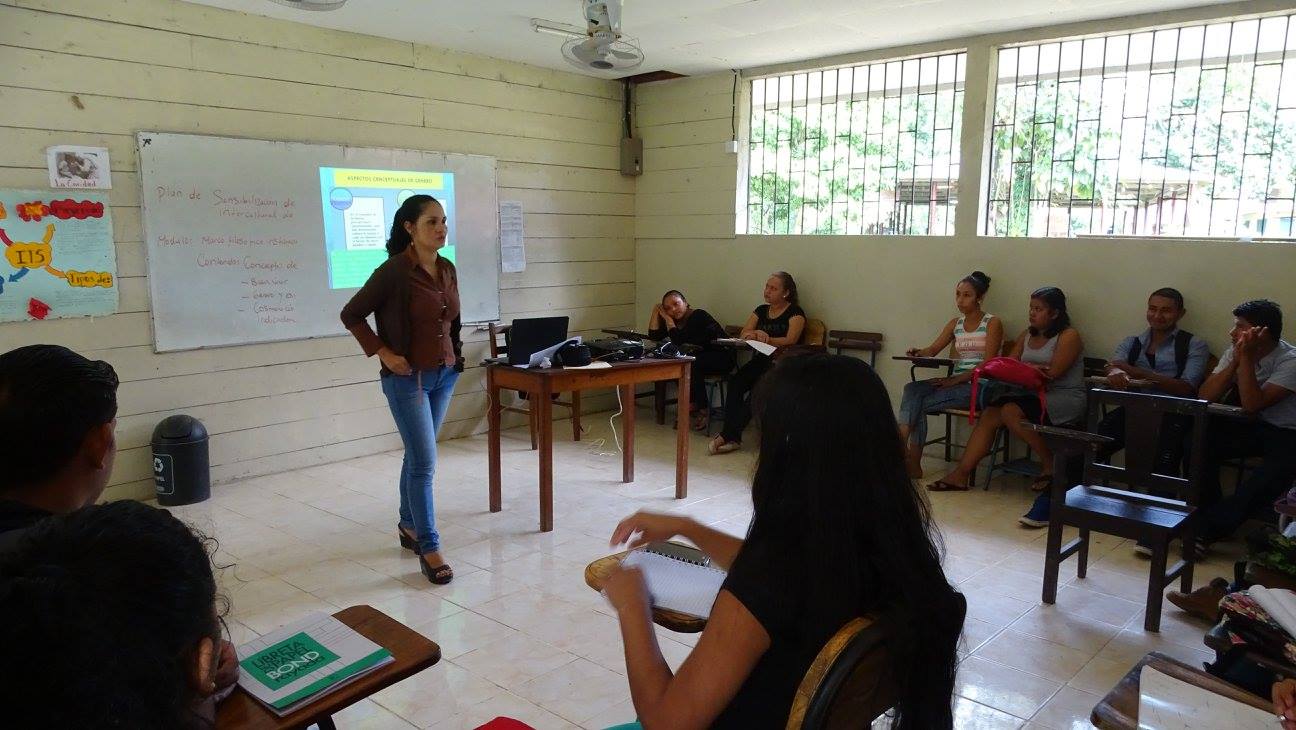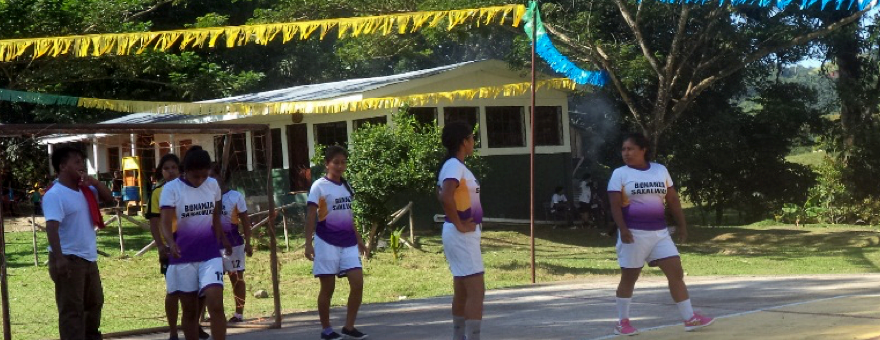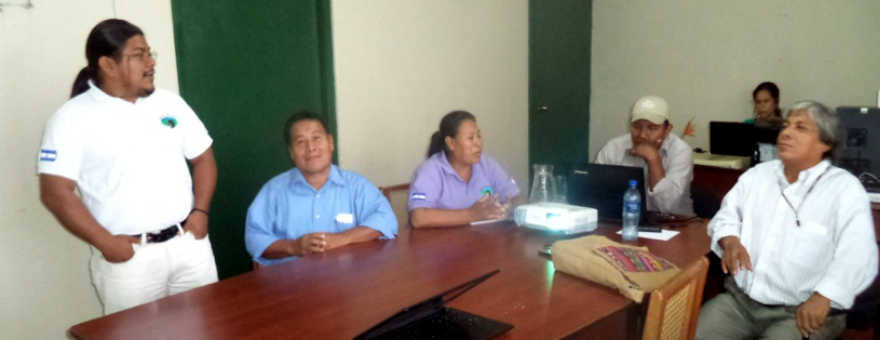Institute for Linguistic Promotion and Research and Cultural Rescue
The Institute of Linguistic Promotion and Research and Cultural Rescue (IPILC), is one of the primary institutes, which was part of URACCAN's plans from the beginning of its creation project.
A study sponsored by the URACCAN Association "Report on the Linguistic Needs of the Student of the Nicaraguan Caribbean Coast with a view to the implementation of a New Curriculum" (Freeland & McLean, 1994) makes clear the need to create a language department that responds consistently to the multilingual and multicultural wealth of the Autonomous Regions of the Nicaraguan Caribbean Coast , at the same time, to ensure the full exercise of the cultural and linguistic rights of its citizens, by legitimizing spaces for quality education with relevance and equity.
The legitimacy in education sought by IPILC is a new model of comprehensive and inclusive education that URACCAN, as a Community and Intercultural University, assumes for the Autonomous Regions of the Caribbean Coast of Nicaragua.
The IPILC Institute - URACCAN, was created in 1995, the same year that opens its URACCAN doors in the Bluefields, Bilwi and Las Minas Campuses.
Mission
The IPILC contributes to the achievement of URACCAN's mission, through the promotion, strengthening, revitalization of the languages and culture of the Nicaraguan Caribbean Coast, the training and training of human resources for bilingual intercultural education and the development of research and implementation of SEAR, according to the multilingual, multi-ethnic and multicultural character of the Autonomous Regions.
Vision
Contribute to the empowerment of indigenous peoples and ethnic communities on the Nicaraguan Caribbean coast by strengthening ethnic, cultural or linguistic identity, the practice of interculturality and the development of local capacities as tools for the full exercise of their regional rights.
URACCAN, through IPILC. has carried out programmes and processes to accompany different territories communities for the strengthening of interinstitutional relations in order to contribute to the participation and accompaniments in different processes of institutions, territorial governments, women's organization, community leaders, wise and wise.
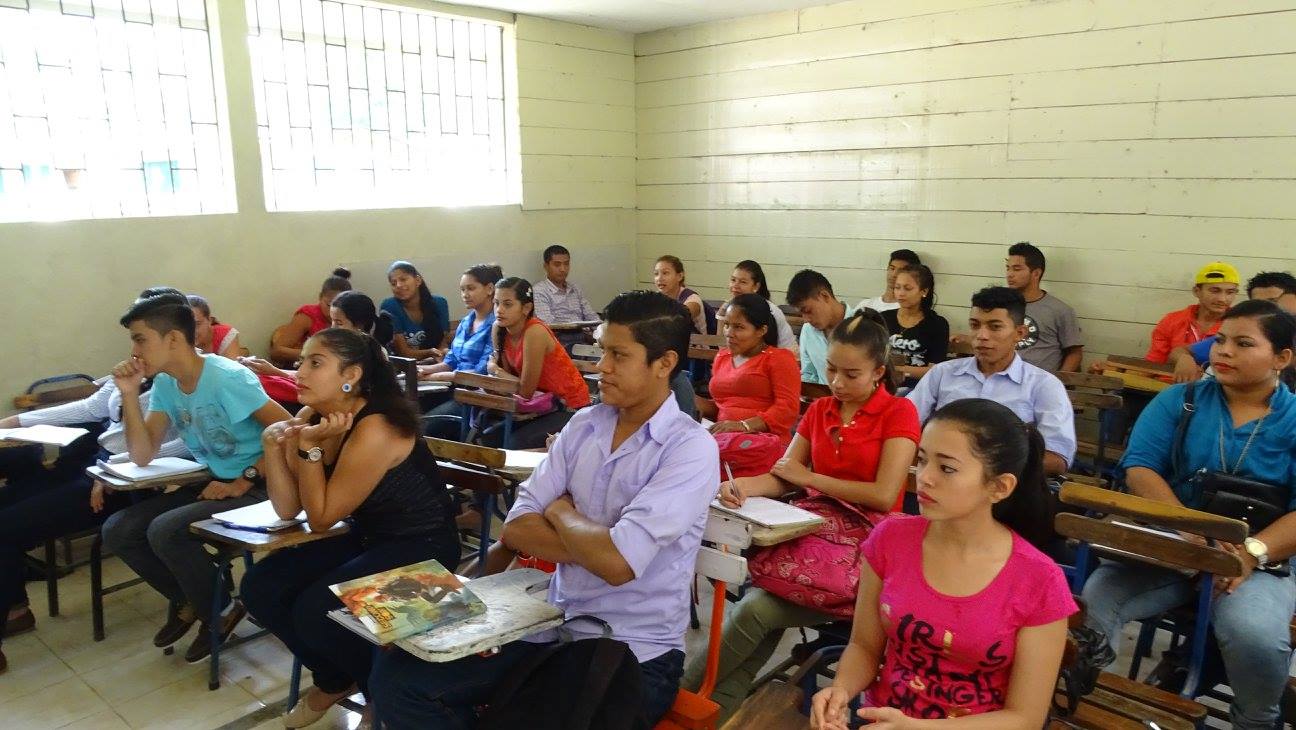
Accompaniment and articulation agreements have been made as a contribution through the extension and community social accompaniment that takes place since IPILC-URACCAN.
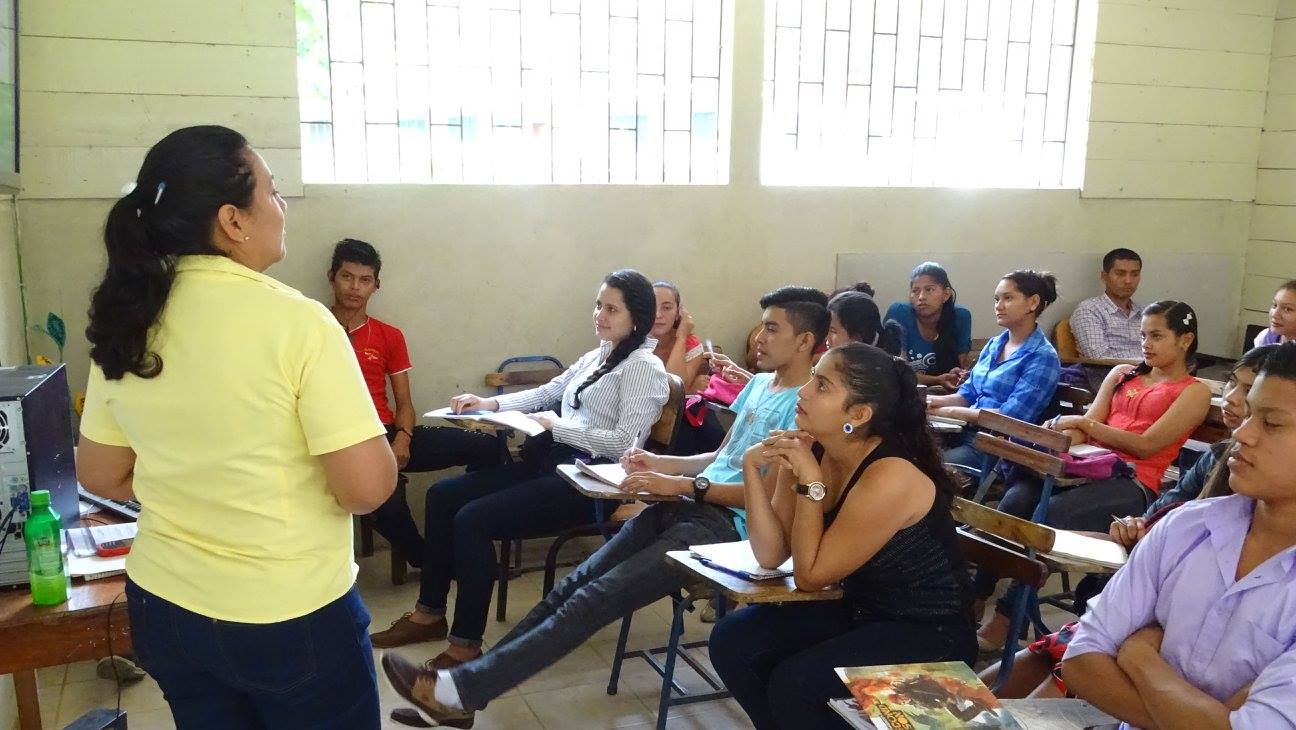
It should be noted that the guidelines within the institutional strategic plan comprise a wide range of activities on the processes of creation, recreation on research of knowledge and practices in a joint way in order to strengthen it, implement it, with development with the identity of the communities, contributing to the good life of indigenous peoples. The third function also talks about social and community extension.
